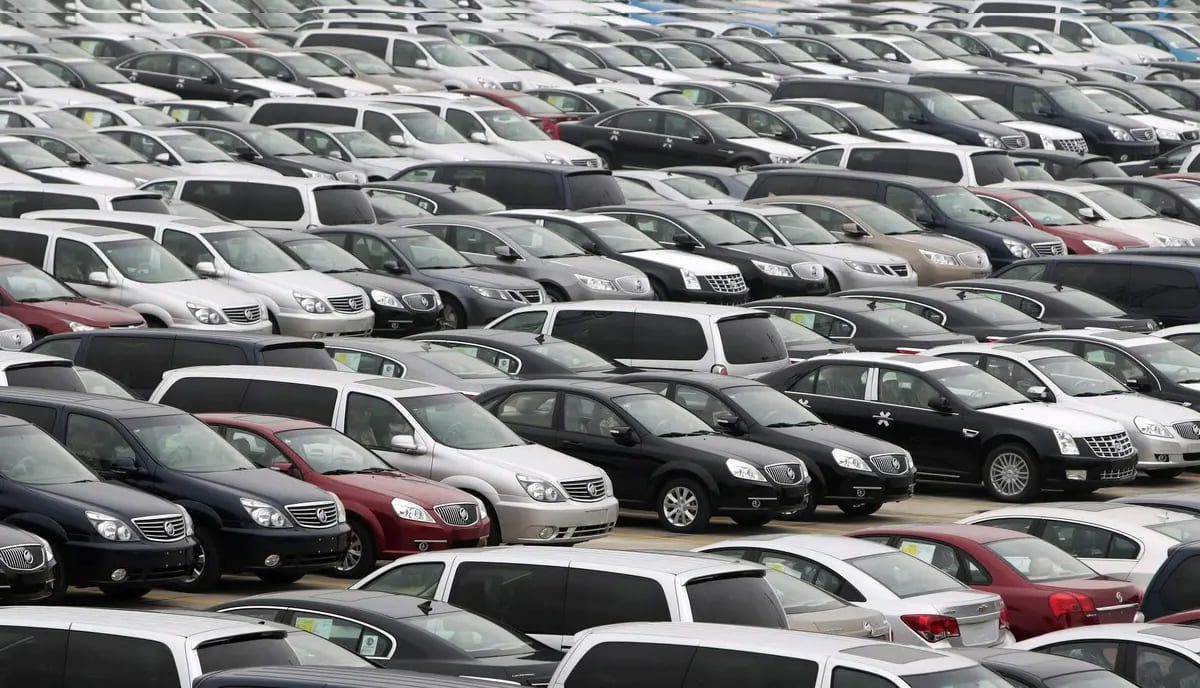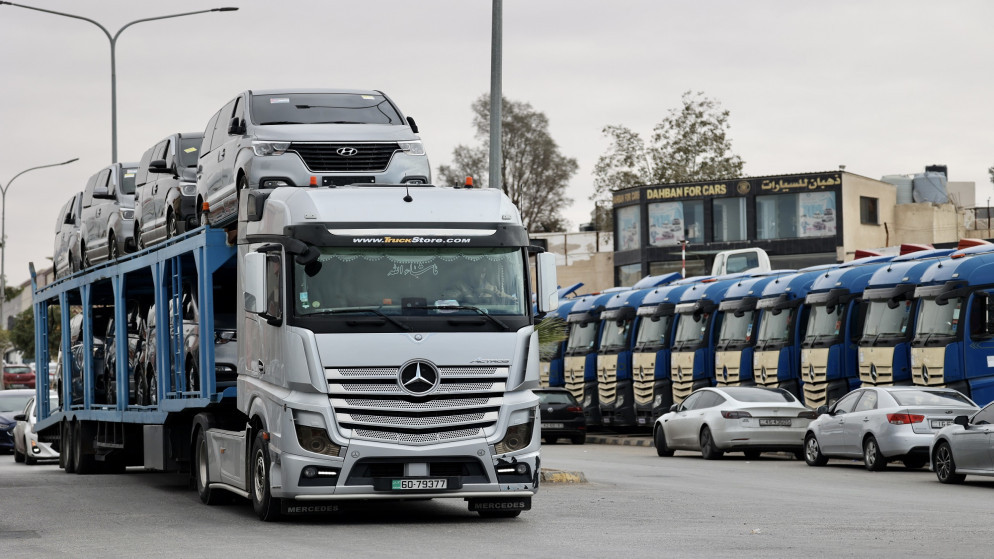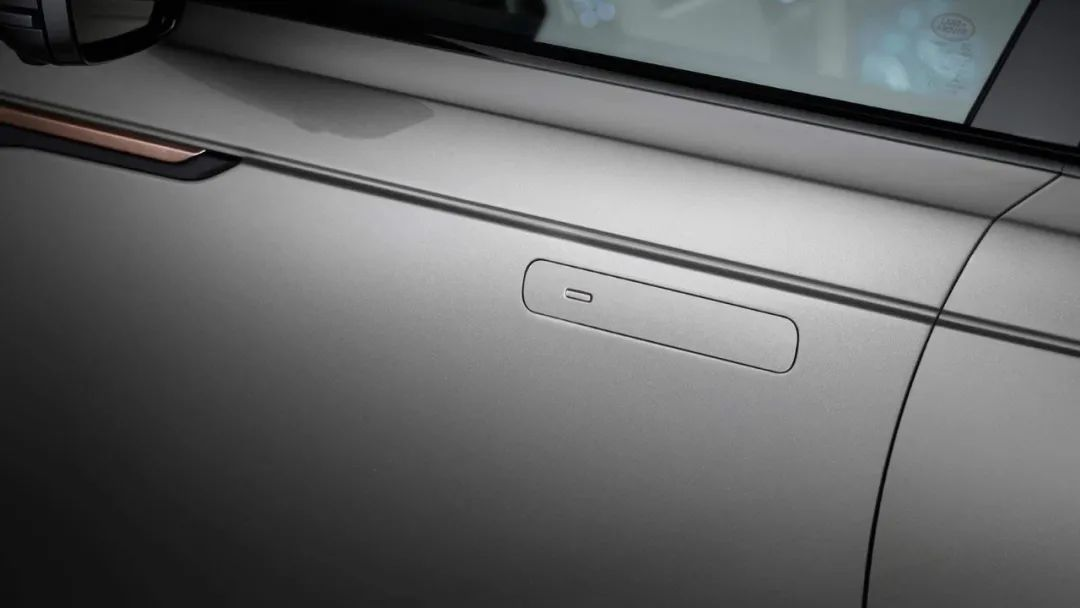A comprehensive summary of the latest government decisions regarding the automotive sector
2 months ago

The Jordanian government, during the Cabinet session held on Saturday, June 28, 2025, approved a comprehensive reform package aimed at:
Reducing the total taxes (general sales tax + special tax + customs duties) on vehicles.
Enforcing new and strict technical specifications for imported vehicles.
Banning the import of vehicle categories deemed dangerous, labeled as “salvage,” or those exceeding a specific age limit.
Details of Tax Reductions
Gasoline vehicles: Total taxes reduced from 71% to 51% (a 20 percentage point drop ≈ 28%).
Hybrid vehicles: Taxes reduced from 60% to 39% (a 21 percentage point drop ≈ 35%).
Electric vehicles (EVs): The special tax was unified at 27% across all EV categories, eliminating the previous tiered tax system that reached up to 55%.
Motorcycles and scooters: Customs duties were lowered from 45% to 33% (a 26% reduction), to encourage alternative transportation and reduce pollution and congestion.
Implementation: The Customs Department began enforcing the decision on Sunday morning, June 29, 2025, at customs centers and free zones.
New Technical Specifications
National unified technical standards were adopted, based on European, American, Gulf, and Saudi specifications. Key points include:
All passenger vehicles (gasoline, hybrid, electric) must comply with the new specifications.
Banning the import of electric vehicles that are more than three years old (including the clearance year).
Prohibiting the import of “salvage” or “junk” vehicles that have sustained major damage (fire, flood, etc.), to ensure safety and quality.
Clearance deadline: The final date for previously exempted EVs is September 1, 2025, with full enforcement of the specifications beginning on November 1, 2025.
The decision aims to eliminate nearly 50,000 exemptions that were previously granted to non-compliant vehicles.
Official Statements
The Director General of Customs, Ahmad Al-Akaleek, confirmed that implementation began on June 29. He explained that the new regulations focus on technical specifications rather than the country of origin and that importers were given a four-month grace period to adjust their operations.
The Customs Authority confirmed full readiness to enforce the decision and urged importers and distributors to seek clarification through the official hotline.
Objectives and Expected Outcomes
Reduce financial burdens on citizens and broaden access to newer vehicles.
Stimulate the car market, including hybrids and EVs, by narrowing the price gap between new and used models.
Improve the safety and quality of vehicles permitted on the market.
Regulate the sector and reduce randomness through strict import controls.
Protect consumers and help them make better-informed vehicle purchase decisions.
HOMEPAGE.RELATED_ARTICLES
COMMON.SEE_ALL







